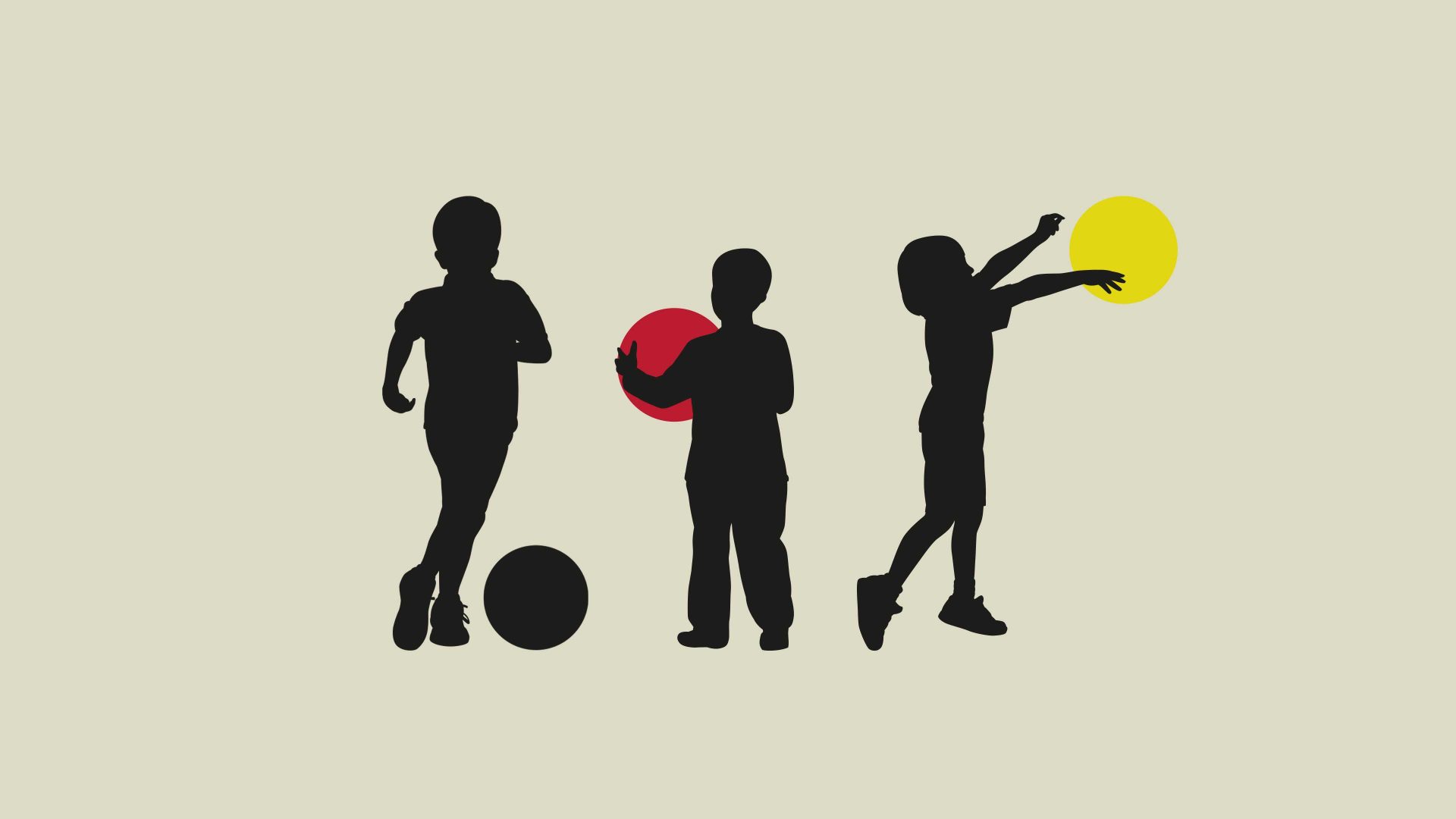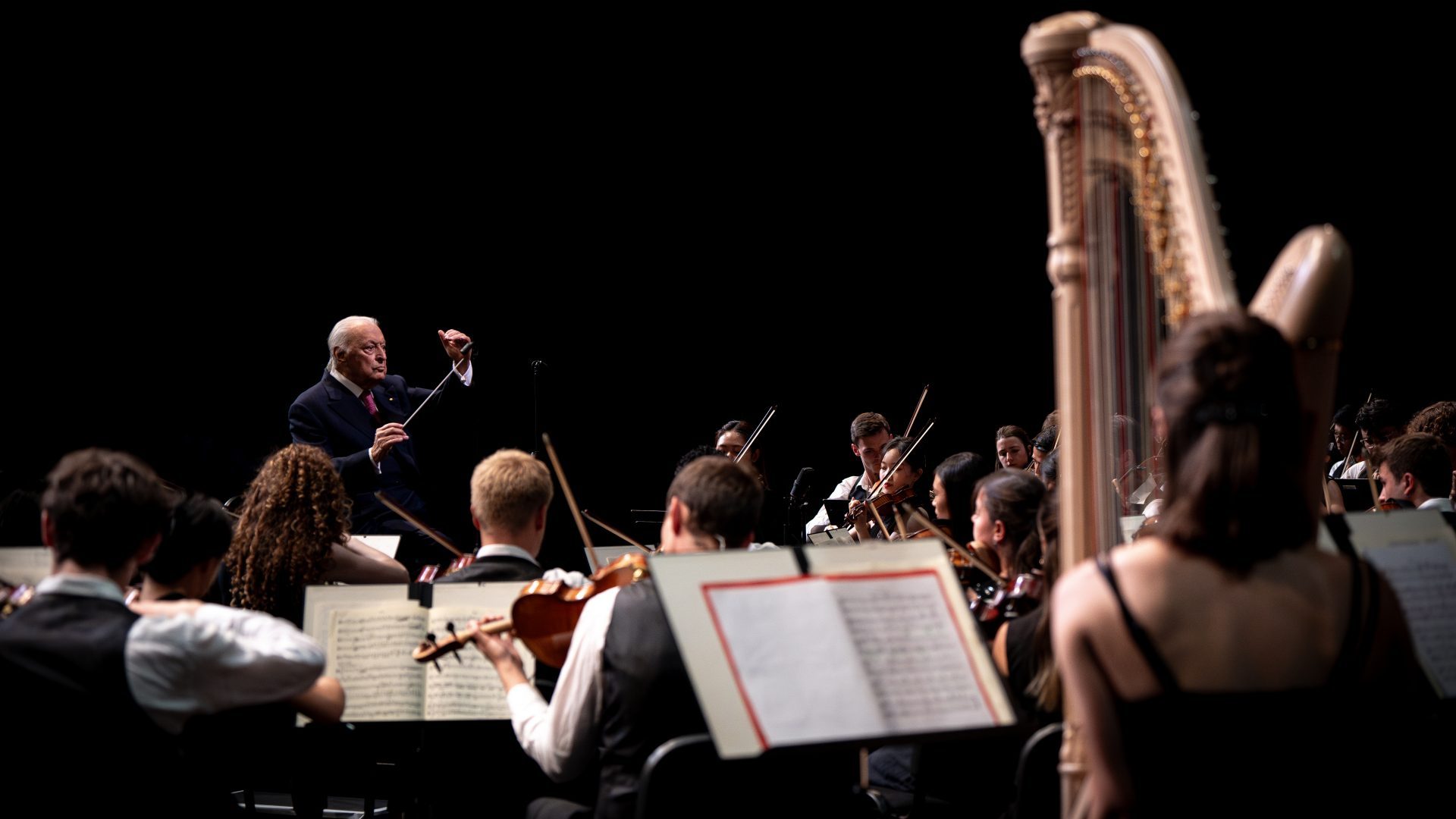One of the many misconceptions about Germany is that we are a great sports nation. Germans are indeed mad about football (and until recently we were actually quite good), but this is where sports fanaticism ends – large-scale fandom is limited to the football stadiums. True, we also get our share of gold medals at the Olympics, but this is nothing exceptional for a large
country with state-funded athletic performance centres.
The UK is a great sports nation because you people are mad about any sport on any pitch, field or court. I can never fully grasp the intensity of my English friends’ sorrow when a cricket test match finishes before the final hour of day five, or, basically finishes at all.
Your enthusiasm may have to do with school teams regularly playing other schools, instilling a sense of competitiveness and sportsmanship from a very early age onwards. Possibly even among those, who didn’t make the first XI.
In Germany, the latest statistic I could find shows children take part in physical education for 2.6 school hours per week. Our PE is a mix of athletics, gymnastics with or without apparatus and team sports, often depending on the teachers’ preferences. When I went to school in the 1980s we still played games like Völkerball (nations’ ball – two teams assemble behind protective barriers on different sides of the sports hall, then try to hit opponents with a ball to put them out of the game). Fun, but ethically questionable because of the ballistic analogies and thus either abolished or re-named.
Anyway, if a school doesn’t offer extra-curricular training – and most don’t – parents have to enrol their kids in a Verein, a local club. This culture of small sports clubs is widespread, but it cannot make up for the challenge, felt in many European societies, to motivate a generation of gradually less athletic and slightly more chubby kids to engage in physical activities, while schools and clubs are running short on teachers and coaches.
This autumn – after years of political debate – reforms will start to be implemented to make kids move more. Judging by these plans, the biggest impediment for their athleticism isn’t TikTok, PlayStation and McDonald’s. It’s too much pressure to perform. Leistungsdruck.
Hence the first measure: revolutionise the Bundesjugendspiele (Federal Youth Games), an annual obligatory sports event for all students in Germany. It was devised in 1951 by a former Nazi propagandist, Carl Diem, the same guy who introduced the modern torch relay to the 1936 Olympic games. The GDR had a similar event, the Youth Spartakiade.
Today, if your sprinting and ball throwing are above average, you receive an Ehrenurkunde (honours certificate, ‘signed’ by the German president, although their signature is just printed on). If you do well, it’s a Siegerurkunde (winners’ certificate). And as long as you don’t call in sick you’ll get a certificate of participation (those didn’t exist when I was in school). A point system rates the performance, taking age and gender into account. Thousands of PE teachers had to kneel in the sand to measure long-jumps by the millimetre.
At least for primary school pupils (usually aged 6-10), this will be history. Instead of Wettkampf, they will now participate in a Wettbewerb. Both terms mean exactly the same (competition, contest) but the official rules basically abolish tape measure and stopwatch for the latter. Kids won’t be judged by a national standard, but relative to their surroundings: Paul doesn’t have to be fast anymore to reach the top level – just a little faster than his classmates. The obvious intention is to decrease stigma and increase fun.
Critics, however, point out that no one can improve without struggle, without knowing his or her strengths and weaknesses. They insist that kids like to compete, naturally. And that athletic but less academic minded kids could also be stigmatised – by a maths grade, so why not abolish ratings and grades altogether?
Still, the German Football Association is also intent on low-pressure play: more fun, less contest. From 2024 onwards, the youngest kids’ leagues will not play weekend matches any more. Instead, the U6-U11 footballers will play “funino” (invented by a German) in 3v3 variations on smaller pitches with four mini-goals but no goalies. A great training method, many say, because more kids get ball contact. But not having actual competitions with actual results, says former international Didi Hamann, will downgrade for kids the the value of achievements and effort.
We’ll know for sure in 10 to 15 years when they enter the Bundesliga. Or don’t. For the moment, we’re lucky that FC Bayern München is still very much performance-driven, and persuaded Harry Kane to say Auf Wiedersehen Tottenham, hello Lederhosen.




